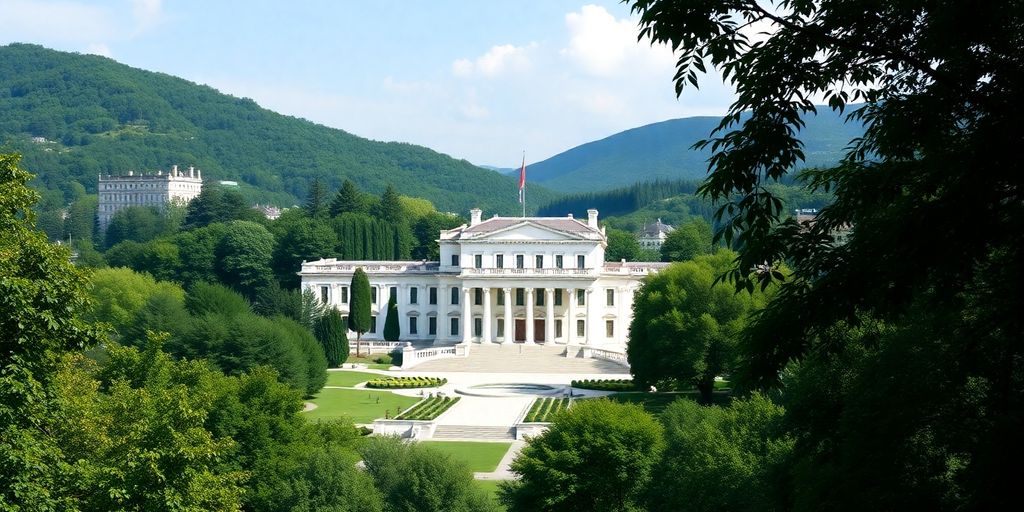Montenegro is currently facing a significant political crisis as government and opposition parties clash over the dismissal of a judge, which has effectively paralyzed parliamentary operations. Experts are calling for a compromise between the conflicting sides to restore functionality and prevent further deterioration of the political landscape.
Key Takeaways
- The Montenegrin parliament is in a state of gridlock due to disputes over judicial appointments.
- Experts believe that snap elections will not resolve the ongoing crisis.
- A compromise is essential for both ruling and opposition parties to move forward.
Background of the Crisis
The political turmoil in Montenegro escalated at the end of 2024 when opposition parties began obstructing parliamentary sessions. This obstruction has prevented the adoption of crucial laws, leading to a stalemate that has left the government unable to function effectively. The dismissal of a judge has become a focal point of contention, with both sides entrenched in their positions.
The Call for Compromise
Experts argue that the only viable solution to the crisis is for both the ruling and opposition parties to make concessions. They emphasize that a compromise is necessary to break the deadlock and allow the parliament to resume its legislative duties. Without such an agreement, the political situation is likely to worsen, further alienating citizens and undermining public trust in government institutions.
Implications of the Crisis
The ongoing crisis has significant implications for Montenegro’s political stability and governance. If the parliament remains inactive, it could hinder the country’s progress on various fronts, including economic development and European Union integration efforts. The lack of legislative action may also exacerbate social tensions and lead to public discontent.
Potential Solutions
To navigate this crisis, experts suggest several potential solutions:
- Negotiation: Initiating dialogue between the ruling and opposition parties to find common ground.
- Judicial Reform: Addressing the underlying issues related to judicial appointments to restore confidence in the legal system.
- Public Engagement: Involving civil society and the public in discussions to foster transparency and accountability.
Conclusion
As Montenegro grapples with this political crisis, the call for compromise becomes increasingly urgent. Experts warn that without a collaborative approach, the country risks further instability and a decline in democratic governance. The path forward will require both sides to prioritize the nation’s interests over partisan agendas, ensuring that the parliament can function effectively for the benefit of all Montenegrins.






